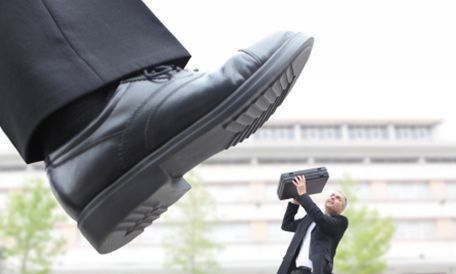英文法律词典 M-153
|
MONSTER, physiology, persons. An animal which has a conformation contrary to the order of nature. Dunglison's Human Physiol. vol. 2, p. 422. 2. A monster, although born of a woman in lawful wedlock, cannot inherit. Those who have however the essential parts of the human form and have merely some defect of coformation, are capable of inheriting, if otherwise qualified. 2 Bl. Com. 246; 1 Beck's Med. Jurisp. 366; Co. Litt. 7, 8; Dig. lib. 1, t. 5, l. 14; 1 Swift's Syst. 331 Fred. Code, Pt. 1, b. 1, t. 4, s. 4. 3. No living human birth, however much it may differ from human shape, can be lawfully destroyed. Traill. Med. Jur. 47, see Briand, MÇd. LÇg. 1ere part. c. 6, art. 2, 3; 1 FoderÇ, MÇd. LÇg. 402-405. MONSTRANS DE DROIT. Literally showing of right, in the English law, is a process by which a subject claim from the crown a restitution of a right. Bac. Ab. Prerogative, E; 3 Bl. 256; 1 And. 181; 5 Leigh's R. 512. MONSTRANS DE FAIT. Literally, showing of a deed; a profert. Bac. Ab. Pleas, &c. I 12, n. 1. MONSTRAVERUNT, WRIT OF, Eng. law. A writ which lies for the tenants of ancient demesne who hold by free charter, and not for those tenants who hold by copy of court roll, or by the rod, according to the custom of the manor. F. N. B. 31. MONTES PIETATIS, or Monts de PiÇtÇ. The name of institutions established by public authority for lending money upon pledge of goods. In those establishments a fund is provided, with suitable warehouses, and all necessary accommodations. Directors, manage these concerns. When the money for which the goods pledged is not returned in proper time, the goods are sold to reimburse the institutions. 2. These establishments are found principally on the continent of Europe. With us private persons, called pawnbrokers, perform this office, sometimes with doubtful fidelity. See Bell's Com. B. 5, c. 2, s. 2. |








